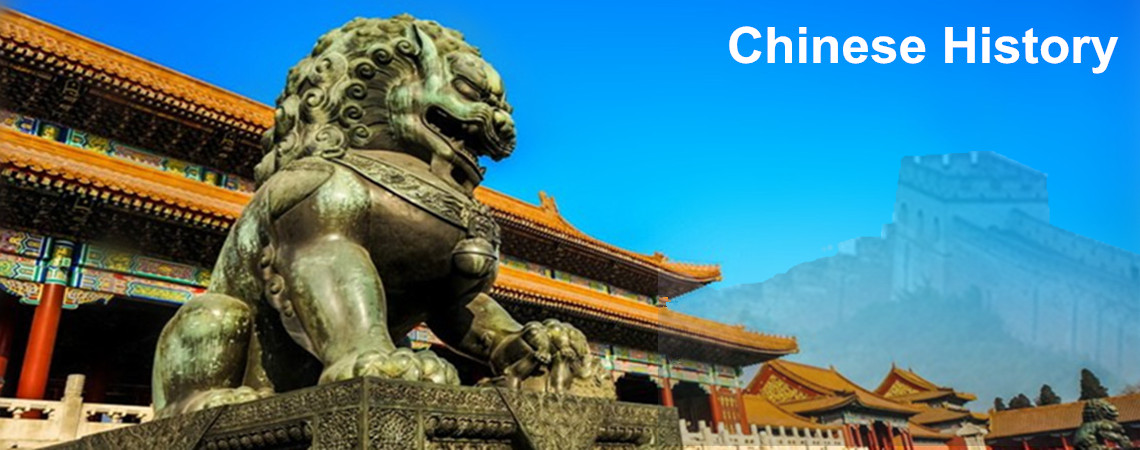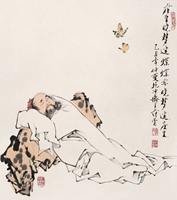
Zhuang Zi
 Zhuang Zi or Chuang Tzu (369BC-286BC), often known as Master Zhuang, with the given name as Zhou, was a native from the town of Meng in the State of Song (today’s Mengcheng County of Anhui Province). Zhuangzi was an influential philosopher who lived around the 4th century BC during the Warring States Period, a period corresponding to the summit of Chinese philosophy.
Zhuang Zi or Chuang Tzu (369BC-286BC), often known as Master Zhuang, with the given name as Zhou, was a native from the town of Meng in the State of Song (today’s Mengcheng County of Anhui Province). Zhuangzi was an influential philosopher who lived around the 4th century BC during the Warring States Period, a period corresponding to the summit of Chinese philosophy.
He inherited and developed Lao Zi’s theory. He is credited with writing—in part or in whole—a work known by his name, the Zhuangzi, which expresses a philosophy of skepticism, arguing that life is limited and knowledge to be gained is unlimited. He emphasized “letting things go as it is”,negating the deity’s domination. His theory contains simple dialectic ideas, interpreting the universe as a thing that changes spontaneously without a conscious God or Will driving it, and arguing that humans can achieve ultimate happiness by living equally spontaneously. It argues that because of humans’ advanced cognitive abilities, they have a tendency to create artificial distinctions—such as good versus bad, large versus small, and usefulness versus uselessness. The main works he left behind is Zhuang Zi (or Nan Hua Jing), one of the classical works of Taoists. Zhuang Zi is of great value in philosophical and cultural researches.






 Ask Questions ?
Ask Questions ?